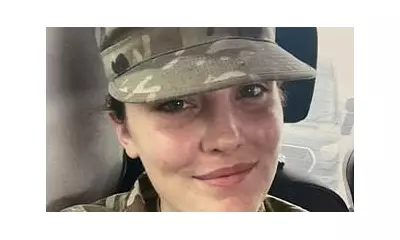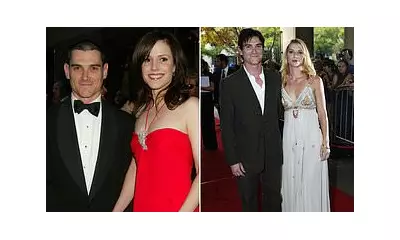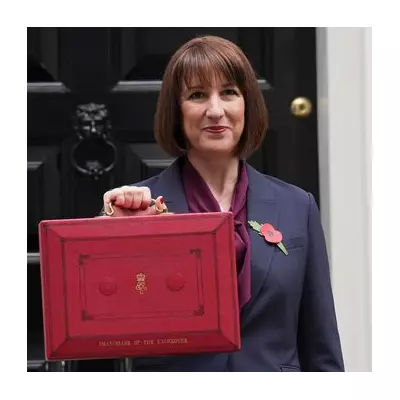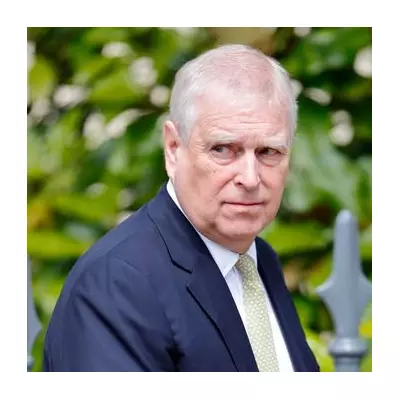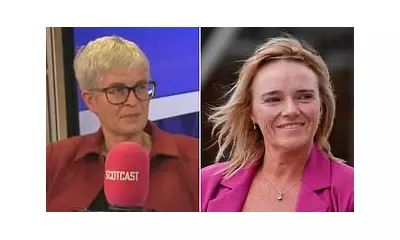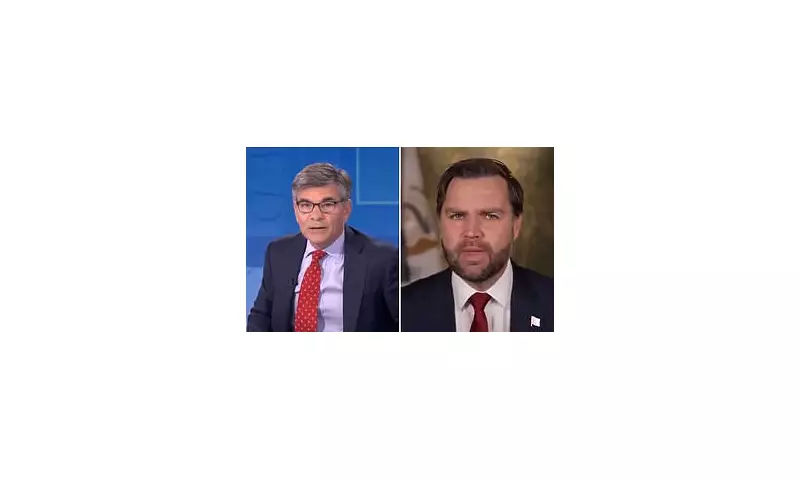
A heated exchange between ABC News anchor George Stephanopoulos and Senator JD Vance has ignited controversy across political circles, following their discussion about the recent assassination attempt on Donald Trump.
The Confrontation That's Dividing America
During the tense interview, Stephanopoulos repeatedly pressed the Ohio senator and Trump's vice presidential running mate on whether the former president's inflammatory language had contributed to the dangerous political climate. Vance steadfastly refused to characterise Trump's rhetoric as dangerous, creating a dramatic standoff that's since gone viral.
Stephanopoulos' Persistent Questioning
The veteran journalist didn't hold back, asking Vance multiple times: "Can you say, as a moral issue, that it's wrong to try to persuade people that the election was stolen, that it's wrong to use that kind of incendiary language?". The senator's evasive responses and eventual refusal to answer directly has become the focal point of the controversy.
Vance's Defence Strategy
Trump's chosen VP candidate mounted a robust defence of the former president, arguing that focusing on Trump's rhetoric was inappropriate when the real issue should be the attempted assassination itself. Vance accused the media of creating a "moral panic" rather than addressing the actual violence that occurred.
The Aftermath and Public Reaction
Since the interview aired, both figures have faced intense scrutiny from their respective supporters and critics. Conservative media has rallied behind Vance, praising his refusal to concede ground to what they see as biased questioning. Meanwhile, media critics have questioned whether Stephanopoulos' approach was appropriate given the recent violence.
A Nation Divided on Media Responsibility
The incident highlights the deep divisions in American media consumption and political discourse. As the presidential campaign intensifies, this interview serves as a microcosm of the broader debates about political rhetoric, media bias, and the boundaries of acceptable discourse in a democracy facing unprecedented challenges.
The fallout continues as both sides dig in their heels, ensuring this won't be the last contentious interview of the 2024 election cycle.

